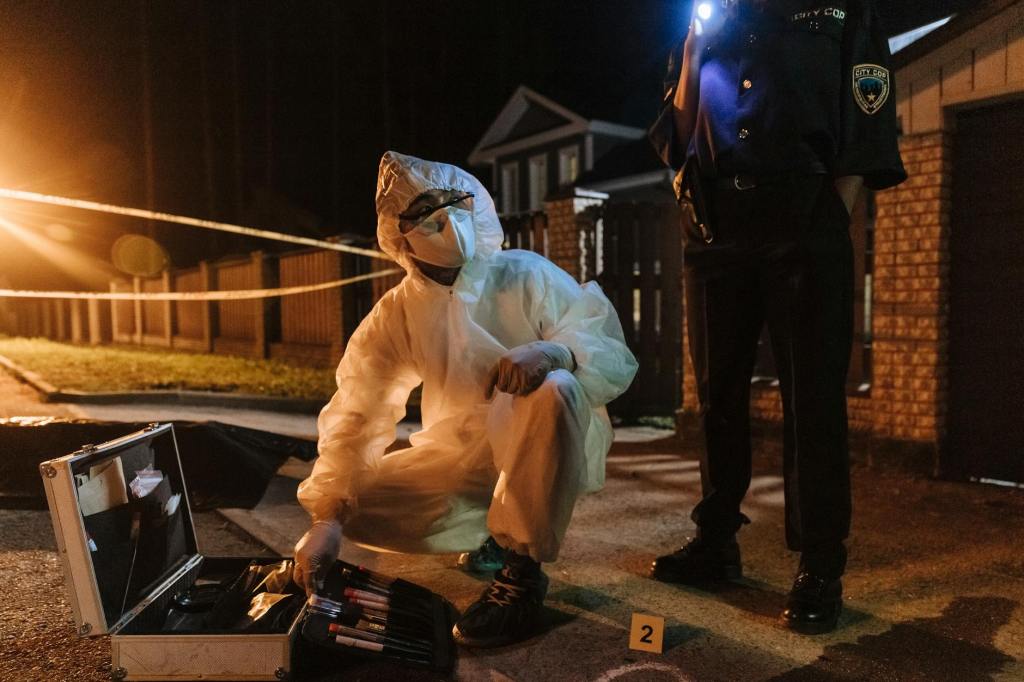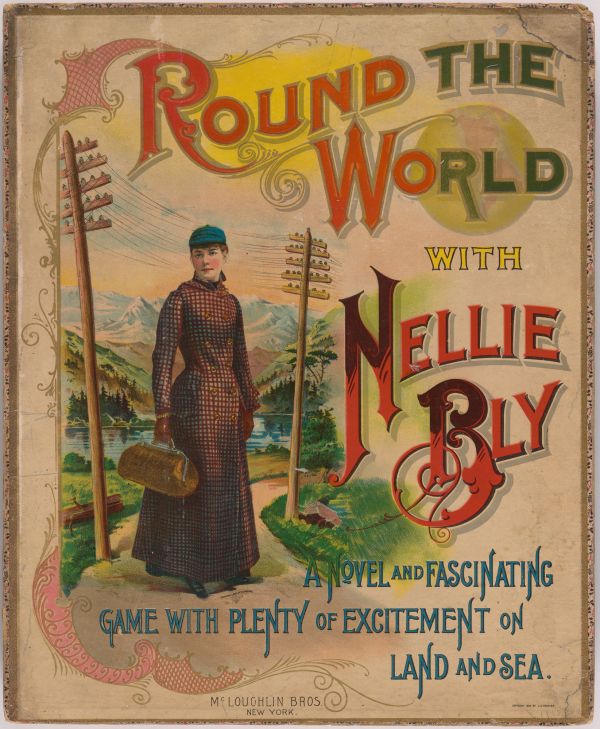Aileen Wuornos is one of the most infamous figures in American criminal history. Her life, marked by hardship, abuse, and violence, culminated in a series of murders that shocked the nation. Wuornos’s story is not just about the crimes she committed, but also about the complex interplay of personal trauma, mental illness, and the failures of the social systems that were supposed to protect her. This blog post delves into the life of Aileen Wuornos, her crimes, and the broader societal issues her story highlights.
Early Life and Background
Born in 1956, Aileen Carol Wuornos’ early life was fraught with difficulties. Her father, Leo Dale Pittman, was a convicted child molester who was in prison at the time of her birth and later committed suicide. Her mother, Diane Wuornos, abandoned her and her older brother, leaving them to be raised by their grandparents.
Wuornos’s childhood was marked by severe abuse and neglect. Her grandfather was reportedly an alcoholic who physically and sexually abused her. By the age of 11, Wuornos was engaging in sexual activities in exchange for food, drugs, and cigarettes. She dropped out of school and became pregnant at 14 after being raped by a family friend. The baby was given up for adoption, and shortly after, Wuornos was thrown out of her home, forcing her to live on the streets and support herself through prostitution.
Descent into Crime
Wuornos’s life continued on a downward spiral as she moved from Michigan to Florida. Her involvement in petty crimes, such as theft and forgery, escalated over time. By the late 1980s, she was working as a prostitute along Florida’s highways.
Between 1989 and 1990, Wuornos killed seven men. She claimed that they had either raped or attempted to rape her, and that the killings were acts of self-defense. Her victims were middle-aged men whom she encountered while working as a prostitute. The murders were brutal, with Wuornos shooting each of her victims multiple times.
Arrest and Trial
Wuornos was arrested on January 9, 1991, at a biker bar in Volusia County, Florida. Her arrest came after a sting operation where her girlfriend, Tyria Moore, cooperated with the police in exchange for immunity. Moore’s testimony and taped conversations with Wuornos were critical in the prosecution’s case.
The trial attracted massive media attention, portraying Wuornos as a cold-blooded killer. Despite her claims of self-defense, the jury found her guilty of first-degree murder. Wuornos was sentenced to death for the murder of Richard Mallory, and later received additional death sentences for the other murders.
Execution and Legacy
Aileen Wuornos’ death sentence was carried out in October 2002 by way of lethal injection. In her final interview, she expressed a mix of defiance and remorse, maintaining that her actions were in self-defense but also acknowledging the lives she had taken.
Wuornos’s case has sparked significant debate and analysis. Her life story has been the subject of numerous books, documentaries, and films, including the critically acclaimed movie “Monster,” in which Charlize Theron portrayed Wuornos and won an Academy Award for her performance. The film highlighted not only her crimes but also the severe abuse and neglect she suffered throughout her life.
Broader Societal Issues
Aileen Wuornos’s life and crimes underscore several broader societal issues:
Mental Health and Trauma
Wuornos’s life was marked by severe trauma and mental health issues. Her experiences of abuse, abandonment, and chronic instability likely contributed to her violent behavior. Her case raises important questions about the role of mental health services and the need for early intervention for those who suffer from similar backgrounds of abuse and neglect.
Criminal Justice System
Wuornos’s trial and execution have been criticized for various reasons, including the handling of her mental health issues and the media’s portrayal of her as a monster. Her case exemplifies the challenges the criminal justice system faces in dealing with defendants who have significant psychological and emotional trauma.
Gender and Violence
As one of the few known female serial killers, Wuornos’s case challenges common perceptions about gender and violence. Her claim that she killed in self-defense against men who were attempting to rape her brought attention to the vulnerabilities and dangers faced by women, particularly those in marginalized professions like prostitution.
Final Thoughts
Aileen Wuornos’s life was a tragic tale of abuse, neglect, and violence. While her crimes were horrific, they cannot be understood in isolation from the traumatic experiences that shaped her life. Wuornos’s story is a stark reminder of the complex interplay between individual pathology and societal failures. It calls for greater attention to mental health, the treatment of trauma, and the ways in which society addresses and supports its most vulnerable members. Her life and crimes continue to provoke reflection and debate, highlighting the need for compassion and comprehensive support systems to prevent such tragedies in the future.





